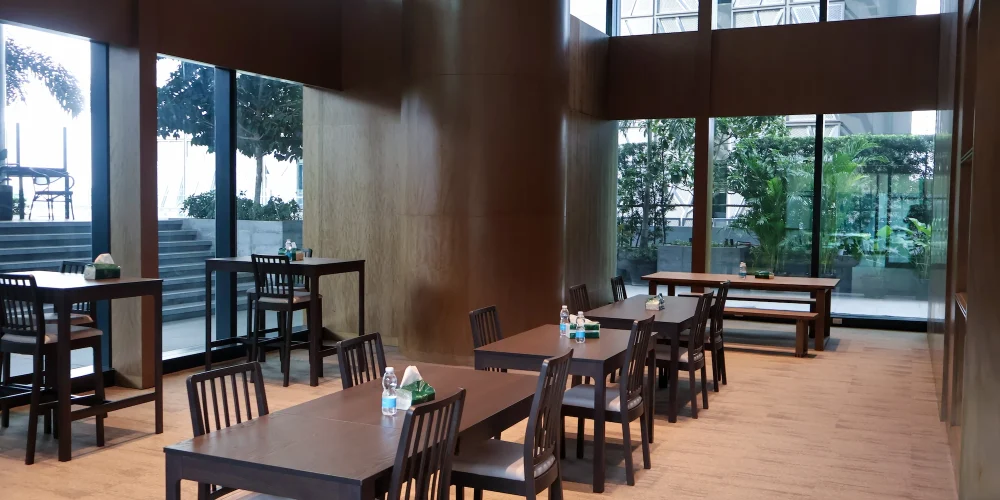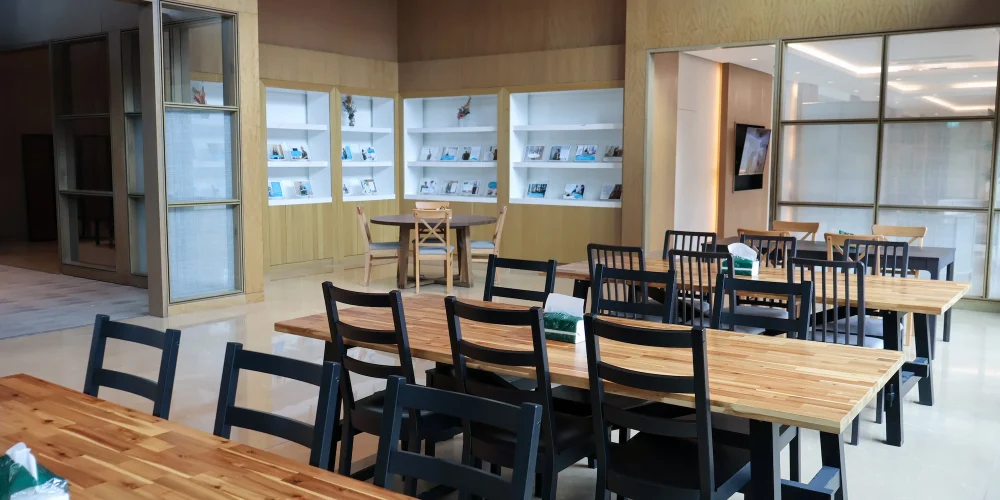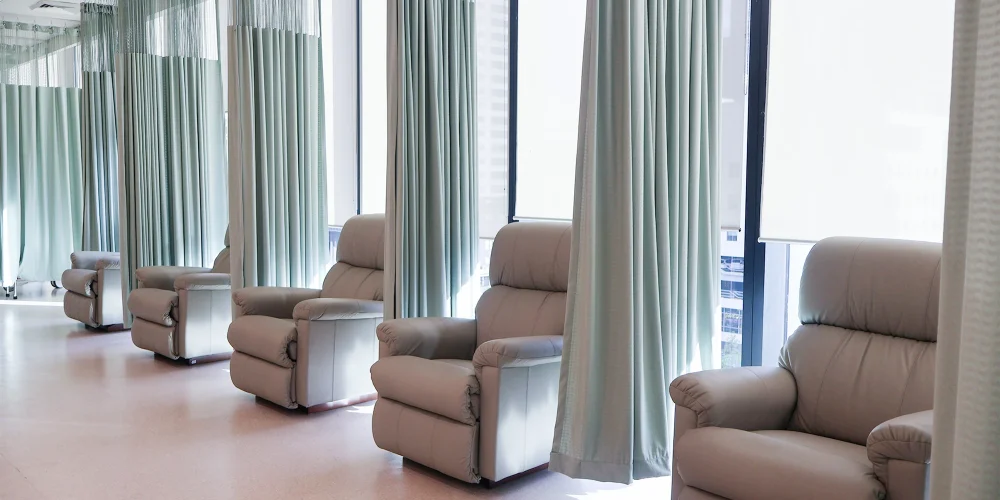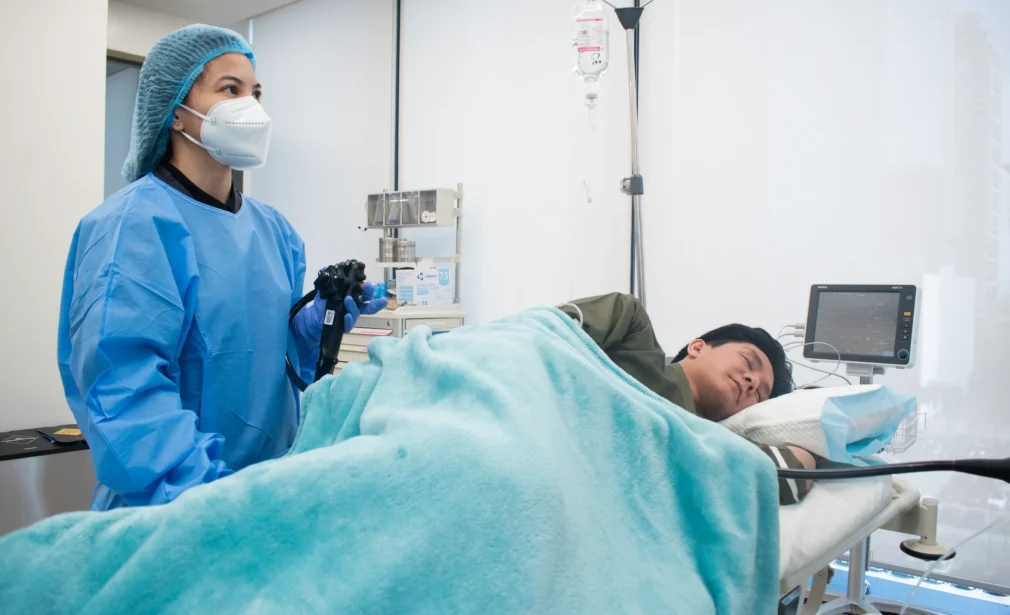This procedure examines the large intestine (colon), including the terminal ileum (the last part of the small intestine), to assess for polyps, obstructions, masses, or sources of bleeding. Similar to gastroscopy, patients will receive intravenous anesthesia for sedation, ensuring a comfortable and pain-free procedure. A recovery period is necessary to monitor the patient’s condition after the anesthetic. However, it is recommended to refrain from driving or engaging in physically demanding or highly focused activities for the rest of the day.
Testing + Recovery Time: 90 Minutes
Recommended for
Individuals aged 45 and above for routine colorectal cancer screening.
People with a family history of colorectal cancer or polyps.
Patients experiencing chronic abdominal pain, bloating, or unexplained weight loss.
Individuals with blood in the stool, rectal bleeding, or iron-deficiency anemia.
Those requiring follow-up screening after previous polyps or abnormal test results.
Benefits
Performed through the rectum and colon with sedation to minimize discomfort.
Detects precancerous polyps early, allowing for removal before they develop into cancer.
Accurately diagnoses unexplained digestive issues, such as bleeding or persistent abdominal pain.
Prevents colorectal cancer by removing polyps before they become malignant.
Minimally invasive and ensures patient comfort through sedation while providing a thorough examination.
Testing + Recovery Time: 90 Minutes
Recommended for
Individuals aged 45 and above for routine colorectal cancer screening.
People with a family history of colorectal cancer or polyps.
Patients experiencing chronic abdominal pain, bloating, or unexplained weight loss.
Individuals with blood in the stool, rectal bleeding, or iron-deficiency anemia.
Those requiring follow-up screening after previous polyps or abnormal test results.
Benefits
Performed through the rectum and colon with sedation to minimize discomfort.
Detects precancerous polyps early, allowing for removal before they develop into cancer.
Accurately diagnoses unexplained digestive issues, such as bleeding or persistent abdominal pain.
Prevents colorectal cancer by removing polyps before they become malignant.
Minimally invasive and ensures patient comfort through sedation while providing a thorough examination.
Other Inclusions




Amenities and Comfort

Recovery Room
Book an appointment now

Inquire

Book

Confirm
Frequently asked questions
While the procedure itself is not painful, some patients may experience mild discomfort, cramping, or pressure as the colonoscope is inserted and advanced through the colon.
The examination typically lasts for about 60 minutes.
Patients aged 50 and above, seeking to screen for digestive health, and need detailed gastric examination
Pediatric patients are not recommended to undergo the executive package. For patients 40 years old and below, a doctor’s request will be required, depending on the patient’s health condition.
Patients should secure CP Clearance and bowel preparation from the doctor, follow 6-8 hours of fasting, and avoid consuming meat, vegetables, and oatmeal.
Note that all patients aged 35 and above should undergo CP Clearance.
The results will be released on the same day.

